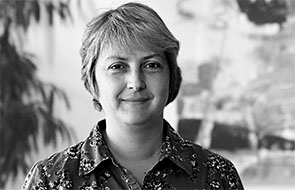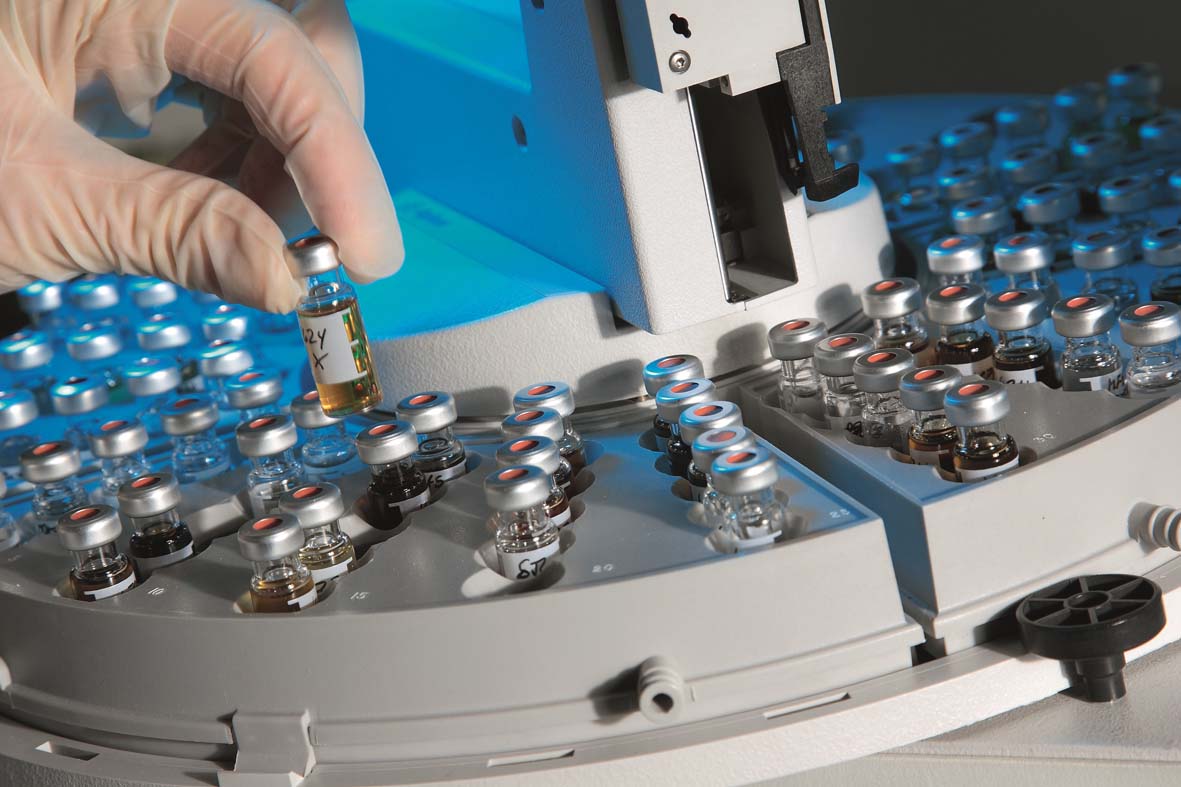Chemical analyses of food
Chemical analyses of food to determine ingredients and thereby document that content and declaration corresponds.
For more than 100 years, our laboratory has serviced SKAT (The National Danish Tax Authorities). Our tasks usually consist in advising about correct Customs code and performing the necessary adhering analyses.
Especially foods may require a number of analyses, in order to be able to classify the products. We carry out routine analyses but we also offer to adjust the methods to fit your specific requirements. It might be that you have to document the contents of a specific ingredient to your customer or the authorities.
Food analyses according to recommended and current methods
We provide various types of analysis of food products, including determining contents of sugar, fat, starch, butterfat, cocoa, alcohol, purity of (bio) ethanol etc. The analyses typically follow recommended methods from EU and other standard methods.
Specialised food analyses
- Sugar content (saccharose, glucose, fructose, lactose, maltose and other types of sugar) by HPLC
- Purity of saccharose by polarimetry
- Starch/glucose content
- Fat extraction with subsequent determination of butyric acid by GC or fatty acid composition in general
- Establish the presence of cacao and caffeine
- Content of alcohol in beer, spirits, liqueur, wine, alcopops by distillation and pycnometry
- Fermentation bi products in e.g. cider
- Ethanol purity by GC (standard EN 15376:2011)
- Examination as to whether nuts are roasted or not
- Characterisation of rice
Food analyses in in-house laboratory
Services
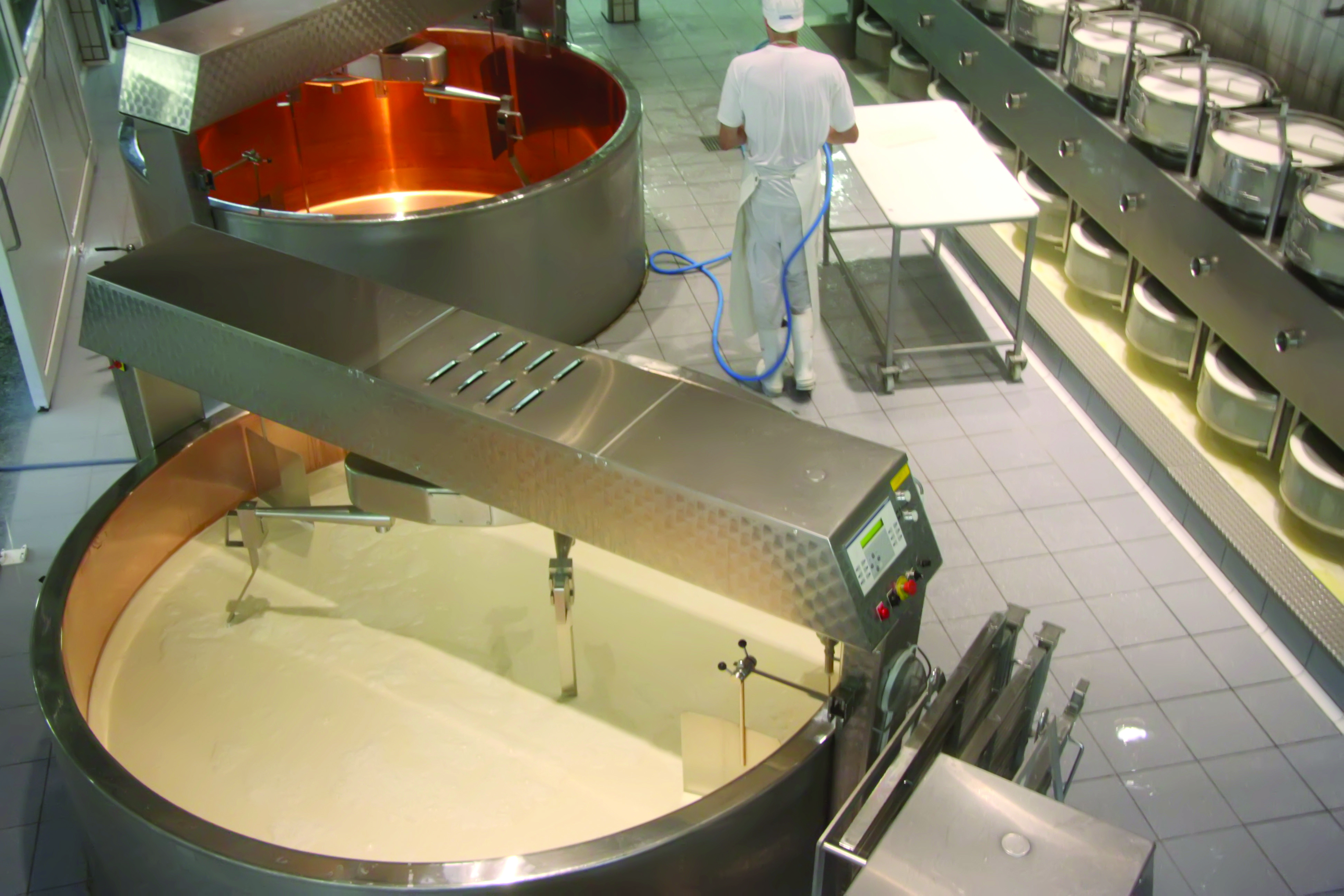
Food contact materials
Manage regulations and documentation requirements in DK, EU or third countries.
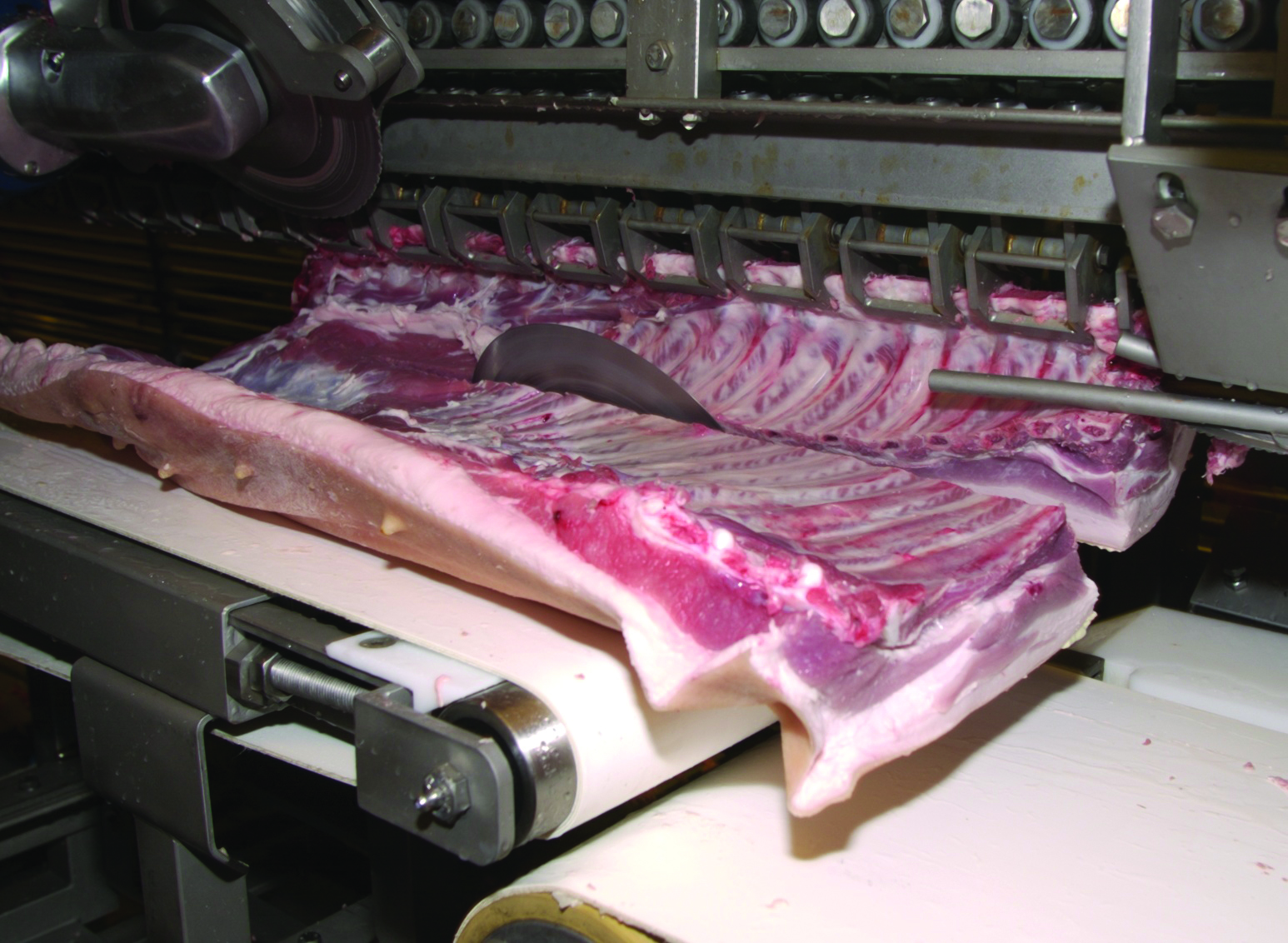
Food safety and microbiology
Consultancy on microbiological food safety, hygienic design, cleaning and cleaning validation.
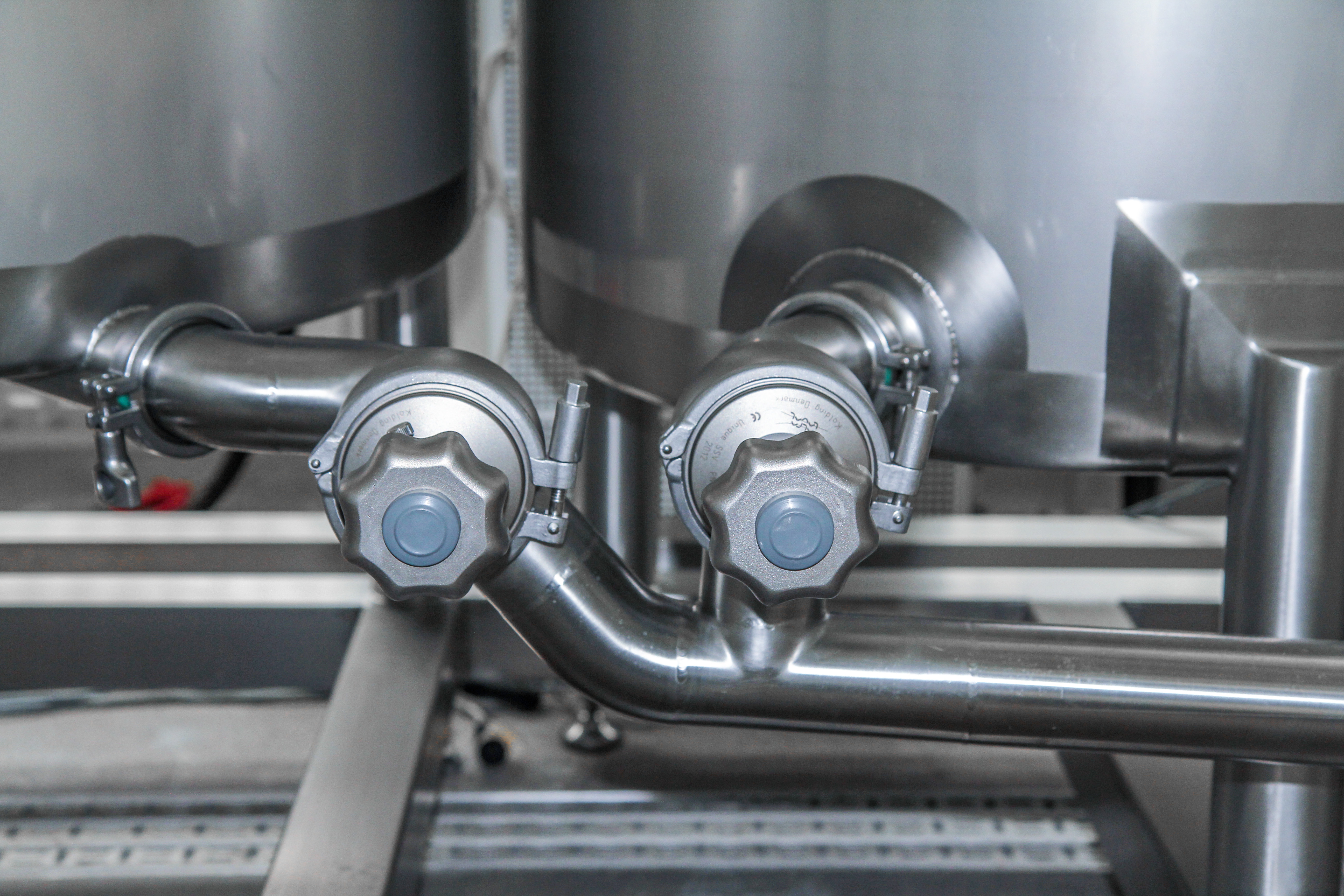
Hygienic design
Extensive knowledge base within hygienic design and process technology.

